-
 New productRock Shox sticker
New productRock Shox sticker- €0.99
-
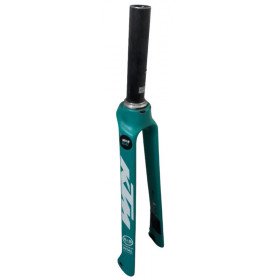 New product UsedKTM F11 carbon fork disc
New product UsedKTM F11 carbon fork disc- €79.99
-
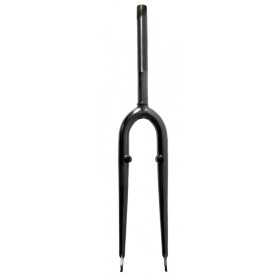 New product
New product -
 UsedGiant road bike fork
UsedGiant road bike fork- €29.99
-
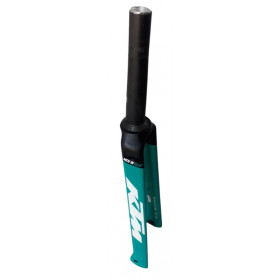 Used
Used -
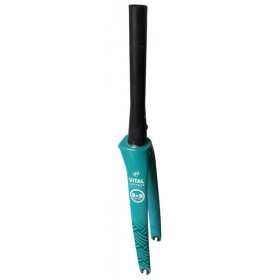 New product Used
New product Used -
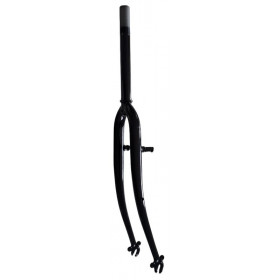 New product28 inches rigid fork
New product28 inches rigid fork- €48.99
-
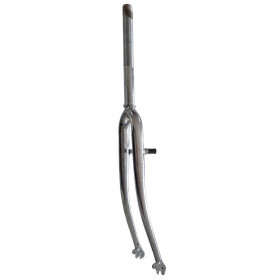 New product
New product -
 UsedTrekking fork
UsedTrekking fork- €49.99
-
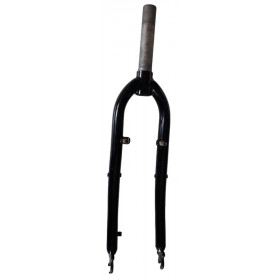 New product
New product -
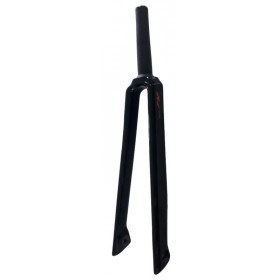 Used
Used -
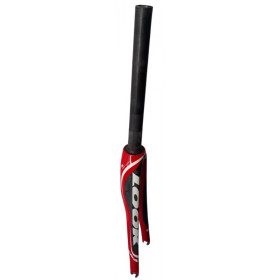 UsedLook 566 carbon fork
UsedLook 566 carbon fork- €49.99
-
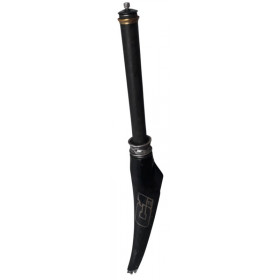 UsedScott C1R road bike fork
UsedScott C1R road bike fork- €49.99
-
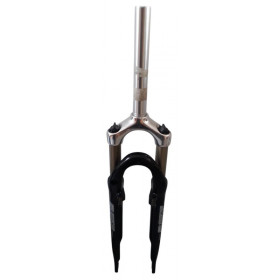 Used
Used -
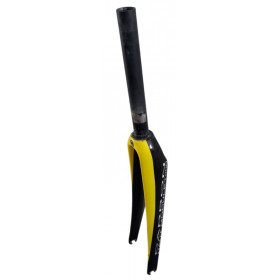 UsedCarbon racing bike fork
UsedCarbon racing bike fork- €49.99
-
 UsedFork Rock Shox Judy 29
UsedFork Rock Shox Judy 29- €79.99
-
 Used
Used -
 UsedRacing bike fork
UsedRacing bike fork- €44.99
-
 UsedStevens carbon fork
UsedStevens carbon fork- €68.99
-
 UsedRoad bike Lapierre fork
UsedRoad bike Lapierre fork- €49.99
-
 UsedGravel fork BXT
UsedGravel fork BXT- €68.99
-
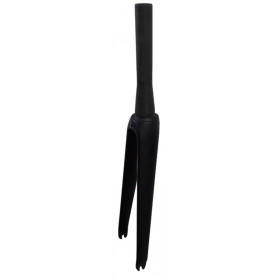 UsedCarbon road bike fork
UsedCarbon road bike fork- €49.99
-
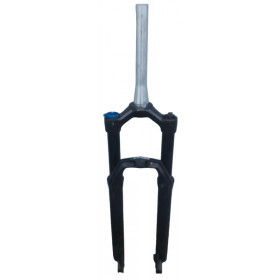 Used
Used -
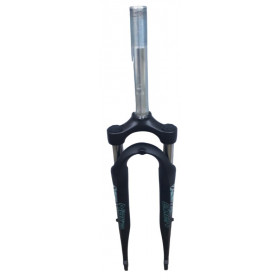 Used28 inches Zoom fork
Used28 inches Zoom fork- €34.99
-
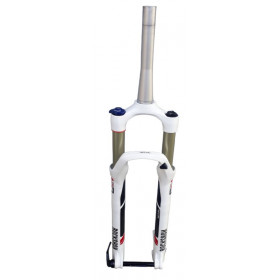 New product -40%Fork Rock Shox Recon RL gold 29 solo air 100 mm
New product -40%Fork Rock Shox Recon RL gold 29 solo air 100 mm- €233.99
- €389.99
-
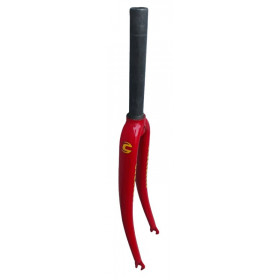 UsedRoad bike Cannondale fork
UsedRoad bike Cannondale fork- €44.99
-
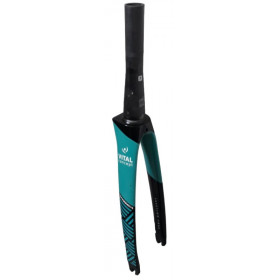 Used
Used -
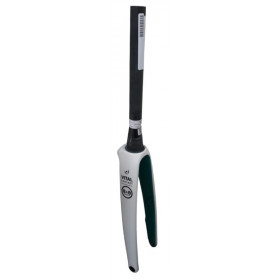 New product
New product -
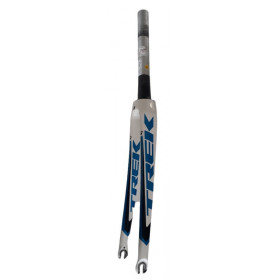 Used
Used -
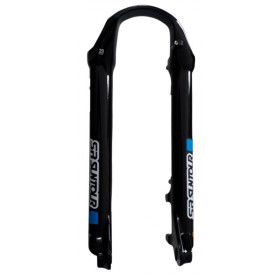 New product
New product -
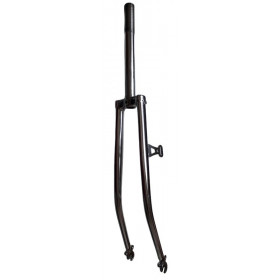 New productChromed bicycle fork
New productChromed bicycle fork- €44.99
-
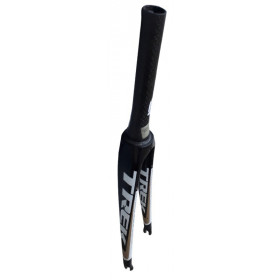 Used
Used -
 UsedGiant compact road bike fork
UsedGiant compact road bike fork- €54.99
-
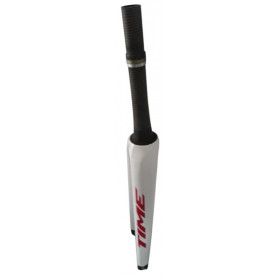 New productCarbon fork Time
New productCarbon fork Time- €49.99
-
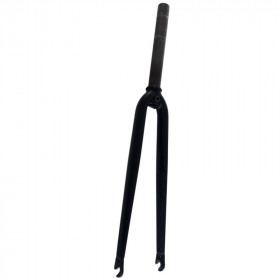 UsedStraight fork Extra+ fixie
UsedStraight fork Extra+ fixie- €29.99
-
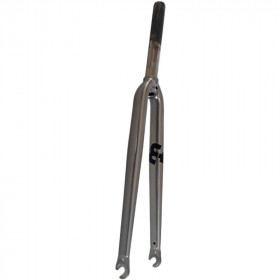 New product -40%Fixie bicycle Extra+ Pista fork
New product -40%Fixie bicycle Extra+ Pista fork- €47.99
- €79.99
-
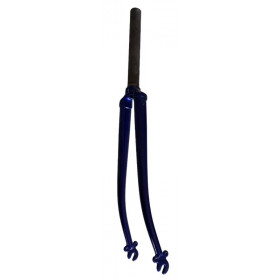 UsedSteel fork 700 25.4 mm
UsedSteel fork 700 25.4 mm- €24.99
-
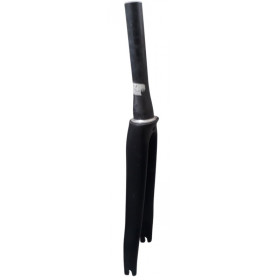 More detailsUsed Out-of-StockCarbon Zawoda fork
More detailsUsed Out-of-StockCarbon Zawoda fork- €49.99
-
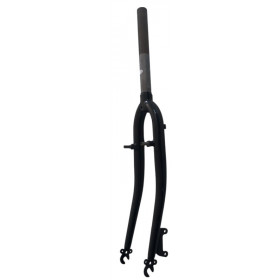 More detailsNew product Out-of-StockRigid fork 28 inches
More detailsNew product Out-of-StockRigid fork 28 inches- €52.99
-
 More detailsUsed Out-of-StockBH carbon road bike fork
More detailsUsed Out-of-StockBH carbon road bike fork- €59.99
-
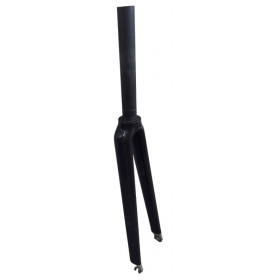 More detailsUsed Out-of-StockCarbon road bike fork black
More detailsUsed Out-of-StockCarbon road bike fork black- €49.99
-
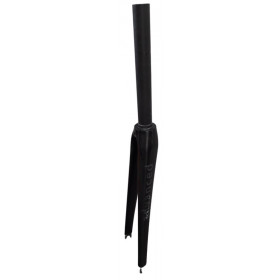 More detailsUsed Out-of-Stock
More detailsUsed Out-of-Stock -
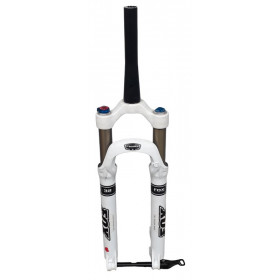 More detailsUsed Out-of-StockFox 32 RL fork 26 inches
More detailsUsed Out-of-StockFox 32 RL fork 26 inches- €229.99
-
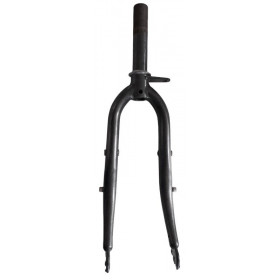 More detailsNew product Out-of-Stock
More detailsNew product Out-of-Stock -
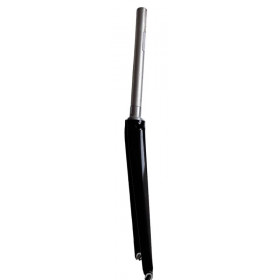 More detailsNew product Out-of-Stock
More detailsNew product Out-of-Stock
Showing 1-45 of 45 item(s)
Optimize your driving without emptying your wallet, with our forks at reduced prices.
Bicycle forks play a vital role in the rider's ride, stability and comfort by absorbing shock, providing precise steering and supporting the weight of the rider and the bike. Here is a description of their function, their characteristics, the standards and the different types of bicycle forks:
Function :
1. Shock absorption:
The forks absorb shock and vibration from the road or trail surface, providing increased comfort to the rider.
2. Management:
They allow precise and controlled steering of the bike, which is essential for maintaining stability and maneuverability.
3. Support:
The forks support the weight of the rider and the bicycle, as well as the forces exerted during acceleration, braking and cornering.
Features :
1. Material:
Forks can be made from steel, aluminum, carbon, or a combination of these materials. Each material has its own advantages in terms of weight, stiffness, comfort and durability.
2. Travel:
Travel refers to the maximum compression distance that the fork can absorb. Mountain bike forks generally have more travel than road bike forks, making them suitable for more aggressive use on rough terrain.
3. Suspension type:
Forks can be rigid (no suspension), spring (steel or air spring) or hydraulically suspended. Each suspension type offers different levels of comfort and control.
4. Wheel Compatibility:
Forks are designed to fit specific wheel sizes, like 26-inch wheels for mountain bikes or 700c wheels for road bikes.
Standards:
1. Swivel diameter:
The diameter of the fork steerer tube must match the diameter of the frame's head tube to ensure proper fitment.
2. Brake mounting type:
The forks can be equipped with either disc brake or rim brake mounts, depending on rider preference and bike type.
Different types of bicycle forks:
1. Rigid forks:
Without suspension, mainly used on road bikes, gravel bikes and some city bikes.
2. Suspension forks:
Found on mountain bikes, offering travel to absorb shock on uneven terrain.
3. Specific forks:
Certain specific disciplines such as BMX, cyclocross, trials cycling, etc., may require forks with particular characteristics adapted to their practice.
In summary, bicycle forks play a crucial role in the rider's performance, comfort and safety. With different characteristics such as material, travel and suspension type, as well as manufacturing standards, they are suitable for different types of bikes and cycling disciplines.
Additionnal informations :
